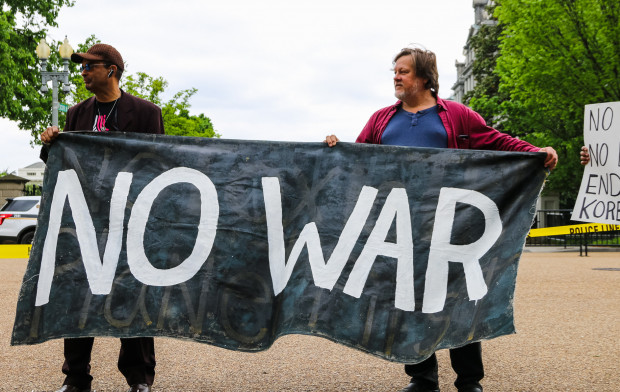Lessons For Armistice Day 2022
For many years, countries around the world marked Nov. 11 as Armistice Day, commemorating the date in 1918 on which the horrors and destruction of World War I were finally brought to an end. In many countries, that remembrance bore a strong anti-war message.
Today, as the killing and destruction multiply in Ukraine, we should look at some of the key lessons that can be gleaned from the record of that war.
Crucially, a recent book by historian Philip Zelikow unearths the previously almost unknown history of a mediation effort that U.S. President Woodrow Wilson undertook, at the request of the leaders of both sides, between August 1916 and January 1917.
Wilson and his British, French and German interlocutors were all serious about that effort.







